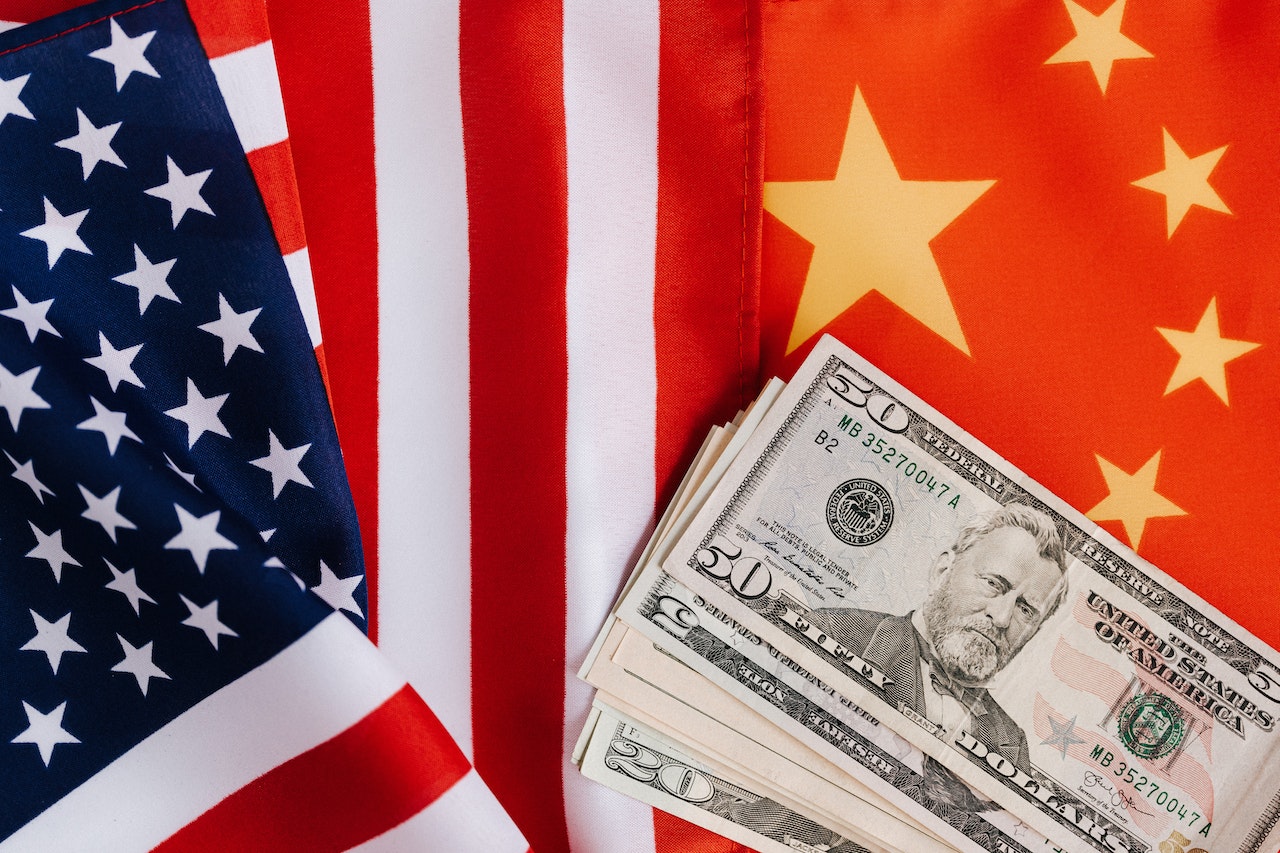Singapore Green Jet Fuel Levy on Travellers Ignites Funding Debate
China’s Equity Markets Grapple with Disappointing Performance

Despite optimistic predictions and high hopes, Chinese equity markets have been grappling with challenges, leaving investors questioning their earlier bullish outlook. In the first half of 2022, Chinese stocks surged following the lifting of strict Covid restrictions, but this rally was short-lived. As of late January, Chinese stocks fell over 20 per cent, pushing the country’s economy into a bear market. Key factors contributing to this downturn were the continuation of tensions with the US, cautious consumer spending, and uncertainties surrounding large-scale stimulus measures.
One of the primary hopes for a market rebound was the anticipated easing of tensions between China and the US. However, a diplomatic setback occurred when a suspected Chinese spy balloon was taken down by the US government in February, derailing nascent detente and increasing global investor concerns. Furthermore, Chinese consumers remained cautious about spending their savings despite the end of lockdowns, instead opting to save and pay off loans early. This reluctance to engage in “revenge spending” impacted consumer confidence and slowed economic growth.
Analysts initially pinned their hopes on the Chinese authorities’ penchant for deploying large-scale stimulus to boost the economy. Traditionally, stimulus measures focused on real estate and infrastructure development, but after addressing excess leverage in the property market, Beijing remains wary of a repeat that could exacerbate debt issues. While some experts believe that a form of stimulus is likely in the second half of 2023, others argue that massive monetary stimulus or aggressive interest rate cuts may not be sufficient to restore confidence in the market. Consequently, market sentiment remains uncertain, and investors are closely monitoring the situation for any signals from Beijing.
Despite the challenging outlook, there are differing opinions among experts. Some, like HSBC Qianhai Securities, expect a moderate year-end recovery of the Chinese stock market, while Goldman Sachs maintains a constructive view on policy easing and forecasts a modest rise in China’s onshore stock market. Conversely, skeptics, including Nomura’s Lu Ting, contend that stimulus measures alone may not be enough to address the country’s structural economic problems. As the debate continues, investors are left pondering the future of Chinese equities and the factors that will ultimately influence their performance.

